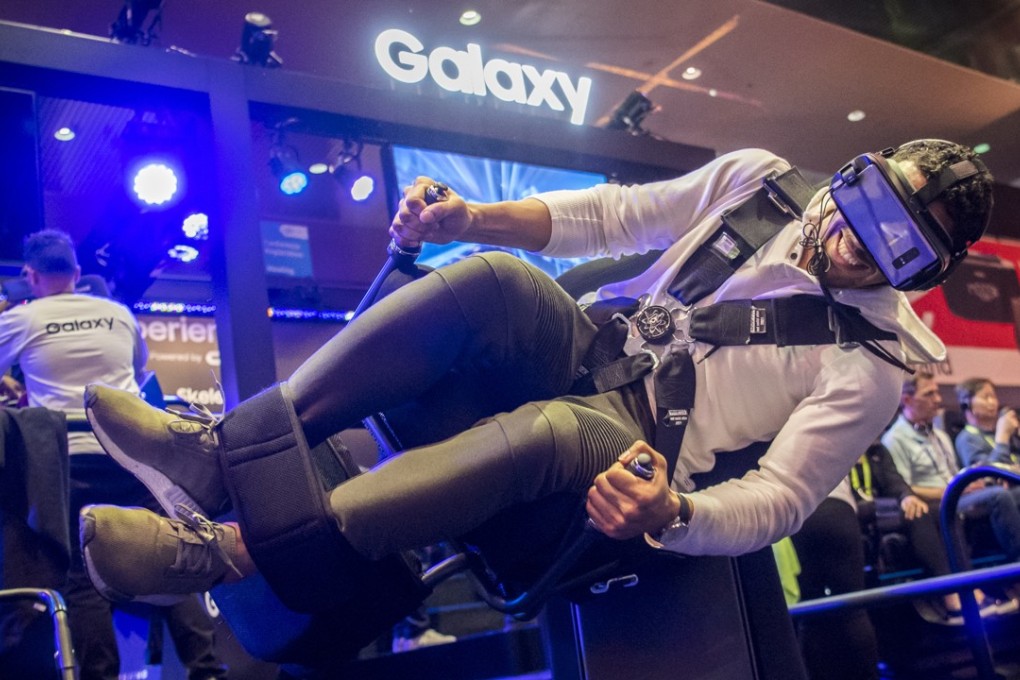An interactive ecosystem needed to make use of the AI revolution
Inken Braunschmidt says signs of the AI revolution – in which computers rely on each other, not humans – are apparent, and it will take a collaborative and interactive culture of scientists and business leaders to take full advantage of this

Society has become increasingly digital and autonomously controlled by computers, and now we don’t even need to operate them. They can interact with each other and make autonomous decisions. If a car has sufficient processing power and energy, a digital payment system may be integrated. The car can then not only drive us autonomously, but can even pay the tolls.
The technology enabling this is based on blockchain. Such peer-to-peer decentralised technologies will be standard, enabling not only individual users to act directly with each other, but machines to act directly with each other.